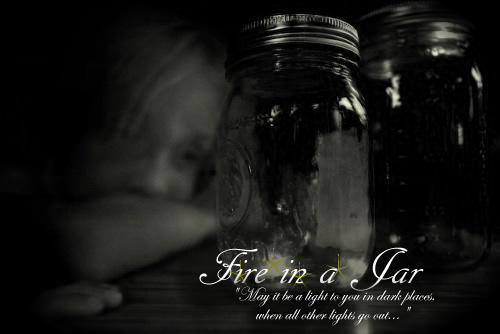The materialistic universes...
Big human, small world: sometimes known as narcissism. The world is fairly dull, predictable, if not known then either easy to know or not worth knowing. The self is all important and the individual ego's perspective is privileged. The problems encountered in such a world can readily be solved by "common sense," by which one typically means what one believes to be the best course of action based on one's own values and principles.
Small human, small world: also known as pessimism and possibly cynicism, depending on how you approach it. Neatly packages the world into little categories and always deems it lacking, but sees nothing in either one's self
or in others that could answer those problems with real change.
The idealistic universes...
Big human, big world: The hero goes on an epic quest because no hero ever begins life as a hero, and yet there are always early indicators. Heracles killing the snakes in his infancy. Birth stories involving unusual parentage. But most of the great heroes are crippled by their pride. They inhabit a world filled with monsters and magic, and they meet it head on with courage, but too often, they trip over themselves and fall hard from the lofty heights. Furthermore, the world of the epics is built on the premise of the perpetual threat of war. There can be no peace where so many men go forth looking to prove themselves in battle.
Last of all, there is the small human in a big world. She shies away from the overweening pride of the heroes, but also rejects the gloom and doom of the pessimist. Humans have painfully fleeting life spans, and much of their lives are given over to uncertainty and grief. Even so, they may do their small work with cheerfulness and faith that there is more to the world than mere earth and stone.
If I believe in fairies, it is to keep me humble while giving me strength to carry on. There is something worth fighting for, but that which we fight for fights with us, alongside us. There is more to this world than the breaths we take in this perpetual present. So why not let there be fairies?
